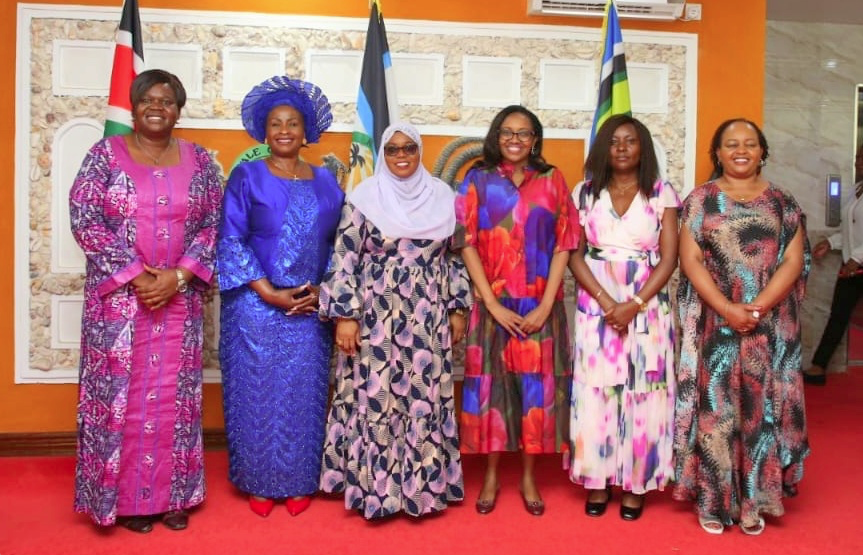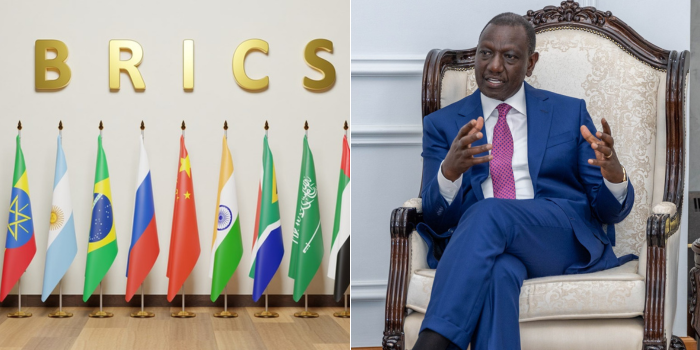Disability representation in the media has evolved over the years, yet it remains a critical topic that merits ongoing discussion. Movies, TV shows, and literature often shape public perceptions of disability, impacting societal attitudes and the self-image of those living with disabilities. While some media portrayals have made strides toward authenticity, many continue to perpetuate harmful stereotypes that can marginalize disabled individuals. This article examines the complexities of disability representation and underscores the necessity for more authentic portrayals.
Positive Portrayals of Disability
In recent years, there has been a notable increase in positive portrayals of disabled characters, especially in films and television. Shows like Speechless and movies such as The Peanut Butter Falcon showcase disabled individuals as fully realized characters with their own dreams, challenges, and personalities, rather than just a disability. These narratives help to humanize disability, illustrating that individuals are defined by much more than their impairments.
Moreover, the inclusion of disabled actors in these roles has contributed to more authentic representations. When disabled people are involved in the storytelling process, it often leads to richer, more nuanced characters that reflect real-life experiences. This representation can inspire others, fostering a sense of belonging and visibility for disabled individuals who often feel overlooked.
Harmful Stereotypes

Despite progress, harmful stereotypes about disability persist. Media often leans on tropes such as the “supercrip,” where a disabled character overcomes their challenges in an unrealistic manner, or the “tragic figure,” where disability is portrayed solely as a source of sorrow. These portrayals can create a narrow view of what it means to live with a disability, reducing complex lives to mere narratives of struggle and triumph.
Furthermore, the lack of representation of various disabilities, especially those that are less visible, can lead to a misunderstanding of the disabled experience. For instance, characters with mental health issues are frequently depicted as violent or unstable, perpetuating stigma rather than fostering empathy. Such representations can further isolate those who identify with these disabilities and contribute to societal misconceptions.
The Need for Authentic Representation
Authentic representation goes beyond merely including disabled characters; it encompasses the diversity of the disabled experience. Different types of disabilities—be they physical, sensory, or cognitive—deserve nuanced portrayals that reflect the rich tapestry of human experience. Engaging disabled creators, writers, and actors in the production process is essential for achieving this authenticity.
Moreover, authentic representation fosters understanding and acceptance. By showcasing disabled individuals in a variety of roles—heroes, villains, friends, and family members—media can challenge stereotypes and promote a more inclusive worldview. This shift not only benefits disabled audiences but also enriches the storytelling landscape, offering fresh perspectives and experiences.
Conclusion
The portrayal of disability in media is a powerful tool that can either reinforce harmful stereotypes or promote understanding and inclusivity. While there have been advancements in positive representation, much work remains to be done. By advocating for authentic portrayals and including diverse voices in the creative process, we can break down barriers and reshape societal perceptions of disability. As audiences, we must demand better representation, ensuring that all stories—regardless of ability—are told with authenticity and respect.








































































































